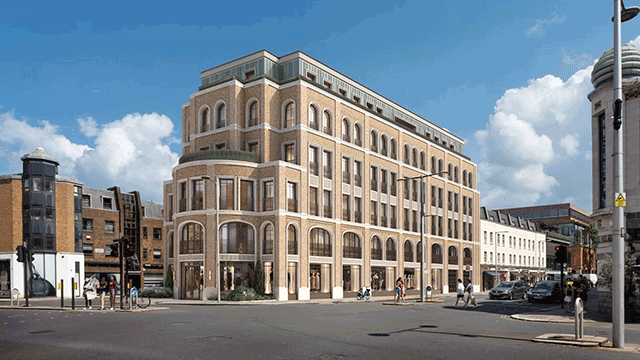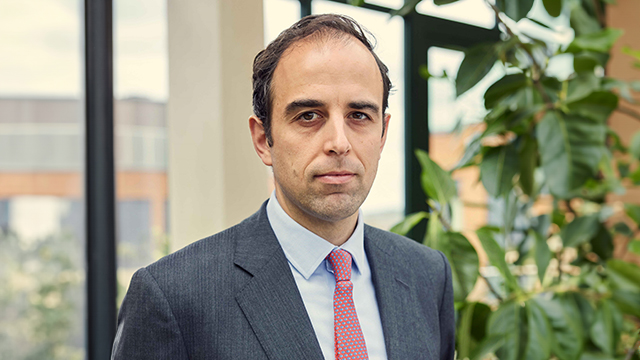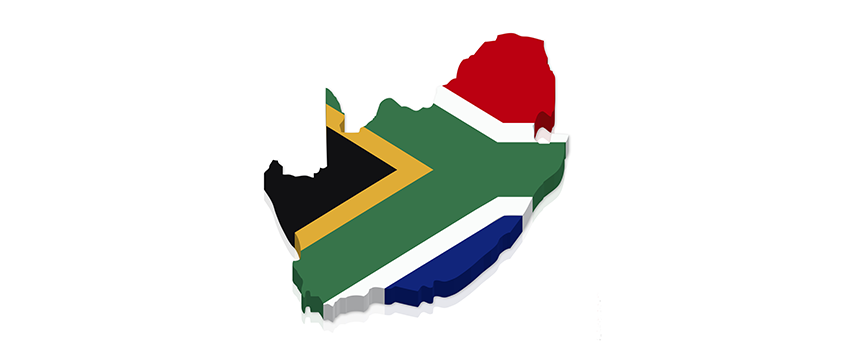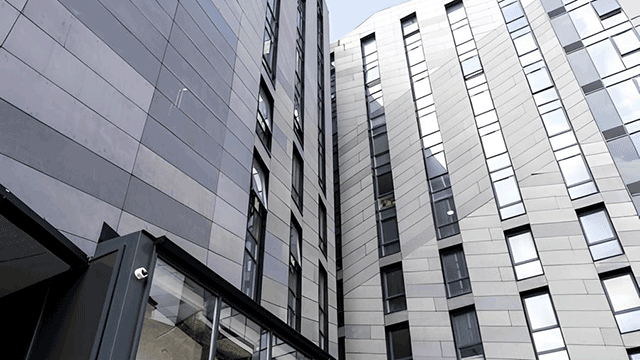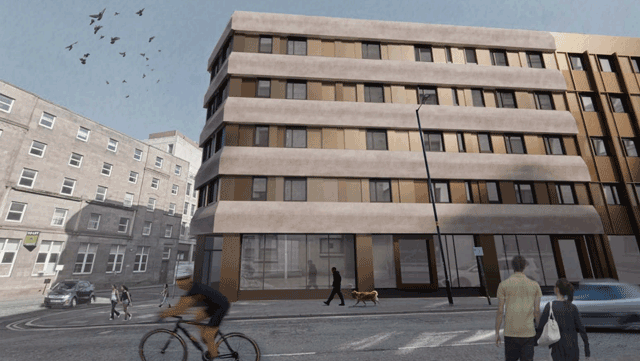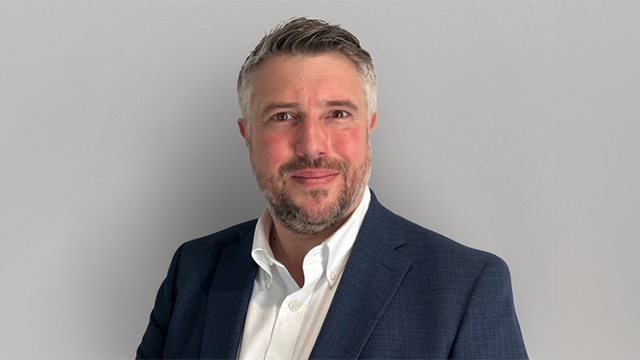To South African real estate investors, the UK offers stability and resilience, which is why they are buying up offices in the capital – even in the face of Brexit and new leadership in their home country.
When it comes to the overseas investors making the biggest plays in London real estate, it is easy to revert to the list of usual suspects. From the Chinese money flooding into Docklands and being splashed on the capital’s most expensive trophy assets to the North American funds targeting central London offices, there is no doubt that the flow of foreign capital into the city is underpinned by some standout trends.
But what about the emerging investment streams? When the key to attracting funds comes down to understanding demand, overlooking fresh interest and failing to get under the skin of newly active investors could mean missing out on the big plays of the future.
This is why Adam Jaffe of Investec’s structured property finance team says it is important to keep a much closer eye on the wealth making its way out of South Africa.
“We are definitely seeing an increase in interest in UK and London commercial property from all over the country,” he says. “It is not just coming from Johannesburg and Cape Town but from Durban, Port Elizabeth and other areas. These investors are looking for capital preservation and London is a very secure market, even with Brexit looming. These investors want to preserve their capital and they want to preserve it in sterling.”
This uplift in interest has already produced a significant rise in deal volume. Research by Savills shows that South African investors have increased their presence in the UK commercial market by 677% over the past four years, as three deals totalling £37m in 2014 grew to 24 totalling £300m in 2017.
This is likely the tip of the iceberg, not least as activity has ramped up in 2018. In January this year, Oxygen Asset Management bought Riverbank House, EC4, for a South African client in an off-market deal for close to £400m alone.
Offices and hotels look to be top of the hit list, with the former accounting for 36% of transaction volume in 2017 – Investec provided one South African private investor with a loan of £12.5m in October last year to help finance the £19.4m acquisition of 35 King Street, EC2.
The big question is whether South African investors are here to stay.
Jaffe says there is no doubt the appetite is there and reiterates that geopolitical uncertainty off the back of Brexit is unlikely to put South African investors off, given the comparably secure nature of the UK market.
The issue, he says, will come down to whether there is enough stock up for grabs to keep the influx of wealth growing at its current rate of 49% year-on-year.
No panic buying
The first thing to know about South African investors is that they will not panic buy, says Jaffe. This means that if the price isn’t right, they are unlikely to take big risks. Particularly as the sole purpose of investing into a secure market such as London is to protect their capital.
So what are they looking for? Safe investments that are largely focused on offices and industrial.
“There is a slice of these investors that will look at more value-add opportunities such as planning, residential and mixed-use development but the vast majority want something much safer,” says Jaffe.
In terms of areas, there has been a marked shift. Three years ago London offices in core West End markets were the ultimate assets to bag. Now there is more of a focus on the City, where rents and demand are stronger and where retail and leisure has bolstered the market.
“Things like the Ned (hotel) opening have really helped with this area, as well as the imminent arrival of the Elizabeth Line,” says Jaffe.
“As a knock-on we are seeing a desire to invest in more fringe locations and there is huge interest in Clerkenwell, Aldgate and Old Street. But it all comes down to the availability of stock, particularly in somewhere like Aldgate, where there is very little on offer. And, as I said, South Africans will not panic buy. They are not looking for assets to attract a certain type of occupier. What these investors want are strong tenants on good leases. They aren’t saying: ‘We want to attract only tech tenants – or only financial services tenants, for that matter. They are very open.”
Brexit is not a problem
For South African investors, the departure of the UK from the EU and the impact it could have on the market is unlikely to be too much of an issue.
Jaffe puts this down, in part, to South Africa’s own geopolitical challenges. The resignation of president Jacob Zuma in February this year was viewed by many as a good thing and there appears to be plenty of faith in his replacement, Cyril Ramaphosa.
However, there can be no denying the country has suffered and that it continues to battle with severe political and economic volatility.
“The UK is still a very safe place to be and to invest in,” says Jaffe.
“London is seen to be especially strong. The Brexit cloud is hanging over us a bit but this is not something most investors think will destroy the UK or the London markets.”
As for South Africa’s own political situation, Jaffe can only see it being a good thing.
“Some people thought the change in leadership might lead to fewer investors wanting to externalise monies out of South Africa. But I don’t think it will make a difference to the number of people looking to buy abroad as part of a diversified wealth strategy. When there is a fair amount of instability, investors are always more mindful of having as much spread as possible, particularly overseas.
“The UK offers a strong market with strong laws, it is very transparent and has a revenue service that is second to none. The appetite is there and it looks like it is here to stay,” he says.
To send feedback, e-mail emily.wright@egi.co.uk or tweet @EmilyW_9 or @estatesgazette




